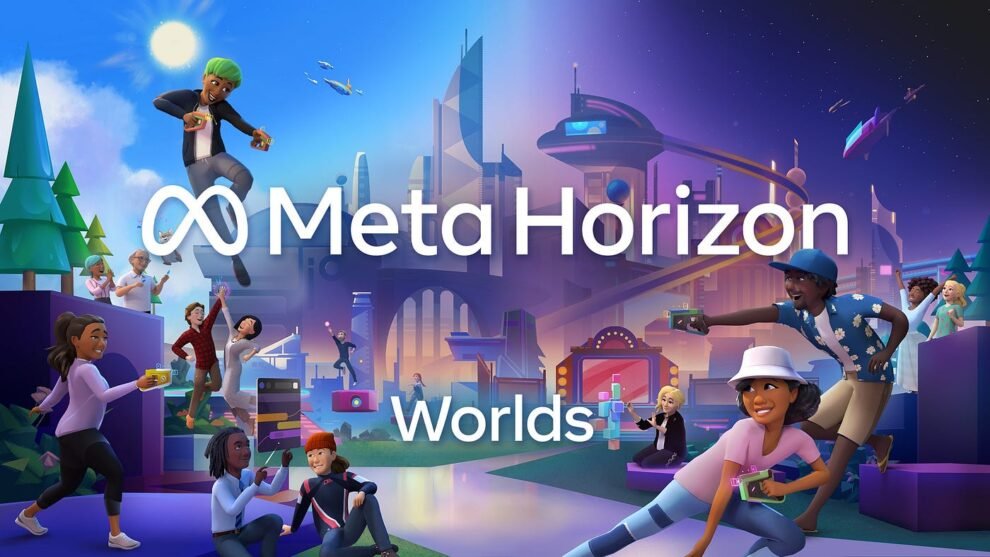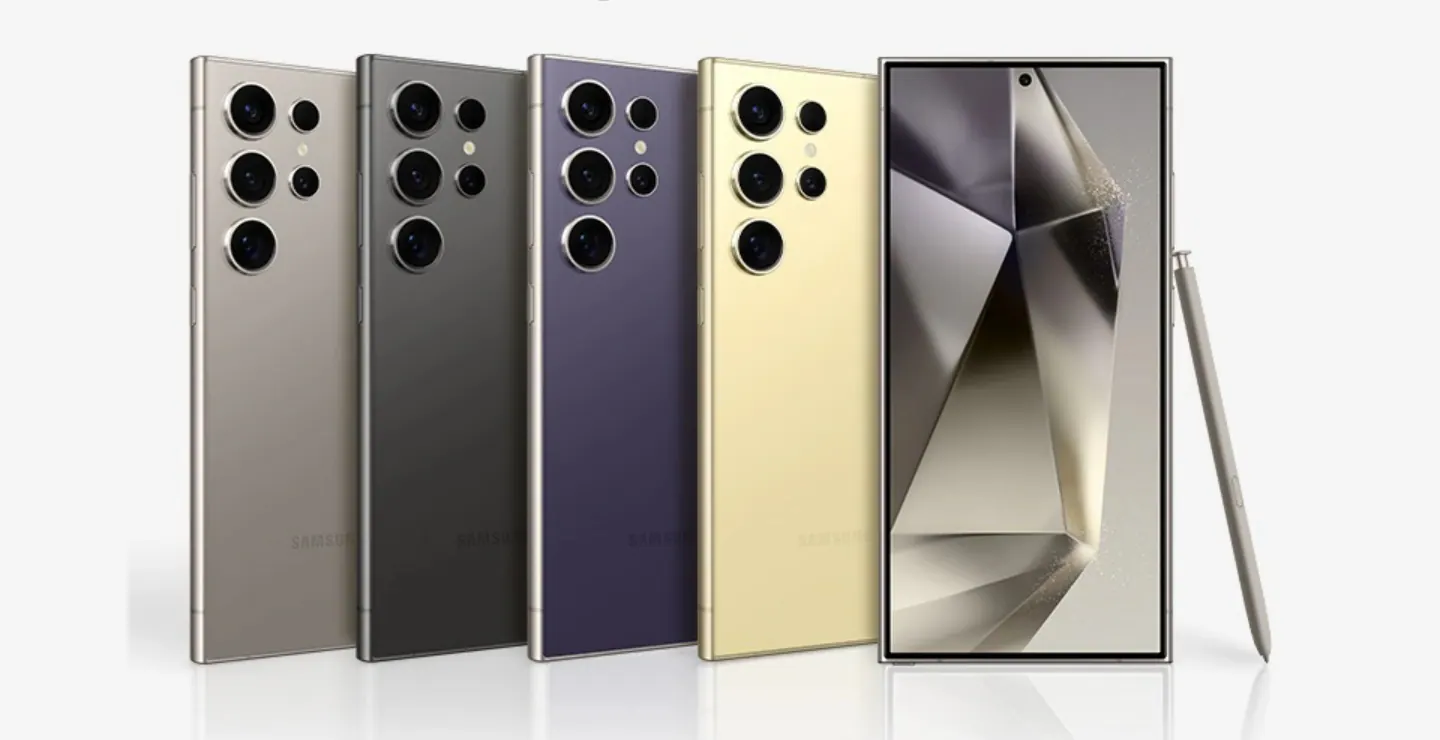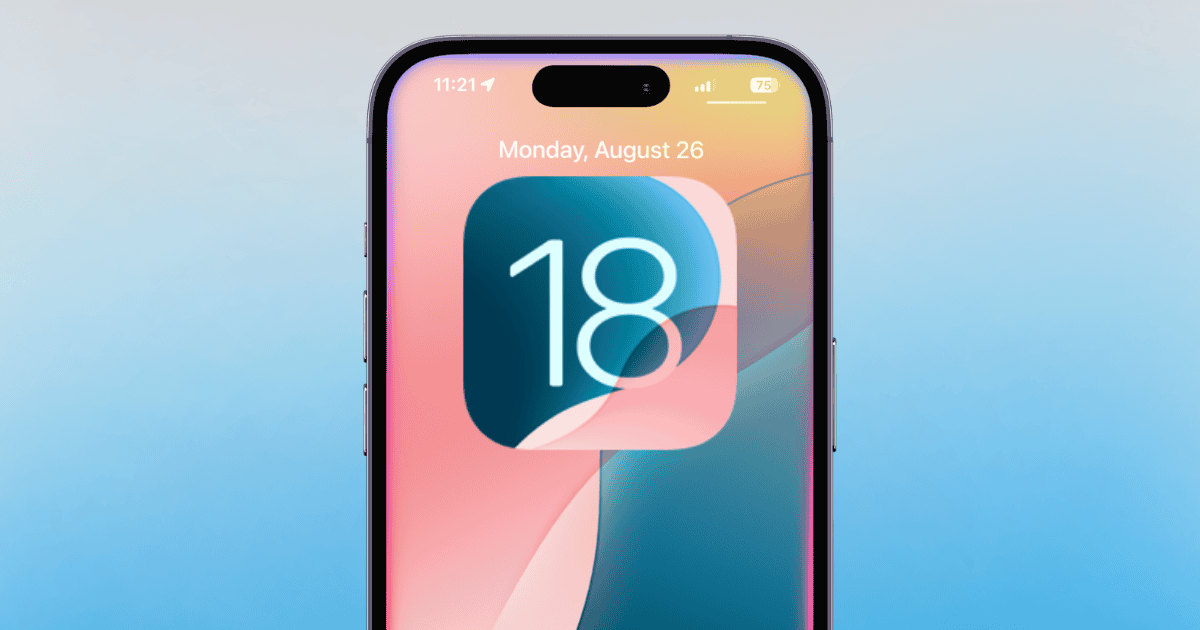In a move that could significantly alter the VR app landscape, Meta’s Horizon Store has started accepting 2D Android apps. This strategic decision allows developers to easily port their existing Android apps to the VR environment, potentially leading to a surge in content availability and user engagement on Meta’s Quest platform.
The announcement, made at Meta Connect 2023, marks a shift in Meta’s approach to app development for its VR headsets. While the focus remains on creating immersive 3D experiences, the inclusion of 2D Android apps provides a bridge for developers who may not have the resources or expertise to build VR-native applications from scratch. This not only accelerates the growth of the VR app ecosystem but also opens up new avenues for innovation and experimentation.
The ‘Why’ Behind the Move
Meta’s decision to embrace 2D Android apps stems from several key factors:
- Expanding the App Library: The Quest platform, while gaining popularity, still lags behind traditional app stores in terms of content variety. Allowing 2D Android apps provides a quick and efficient way to bolster the app library, giving users more choices and enhancing their overall VR experience.
- Lowering the Barrier to Entry: Developing VR apps can be complex and time-consuming. By enabling developers to leverage their existing Android codebase, Meta is making it easier for them to enter the VR market, fostering a more diverse and vibrant developer community.
- Encouraging Innovation: The integration of 2D and 3D experiences within the VR environment presents unique opportunities for creative exploration. Developers can now experiment with new interaction models and user interfaces, potentially leading to groundbreaking VR applications.
Navigating the Transition
While the prospect of porting Android apps to VR is exciting, it’s important to recognize that the transition may not be seamless for all developers.
- User Interface Adaptation: 2D apps designed for flat screens will need to be adapted to fit the 3D VR space. This may involve rethinking layouts, navigation, and interaction elements to ensure a comfortable and intuitive user experience.
- Performance Optimization: VR demands high frame rates to maintain immersion and prevent motion sickness. Developers may need to optimize their Android apps to ensure smooth performance on the Quest platform.
- VR-Specific Features: To truly leverage the potential of VR, developers are encouraged to incorporate VR-specific features like spatial audio, hand tracking, and 3D interactions into their ported apps.
The Road Ahead
Meta’s decision to accept 2D Android apps on the Horizon Store is a bold move that has the potential to reshape the VR app landscape. While challenges remain in terms of UI adaptation and performance optimization, the benefits of expanding the app library, lowering the barrier to entry, and encouraging innovation are undeniable. As developers explore the possibilities of this new paradigm, we can expect to see a wave of creative and engaging VR experiences emerge, further solidifying VR’s position as a mainstream computing platform.
Additional Considerations and Insights
- User Experience is Paramount: The success of ported Android apps will depend heavily on how well they are adapted to the VR environment. Developers need to prioritize user experience, ensuring that their apps are intuitive, comfortable, and immersive.
- Hybrid Experiences: The integration of 2D and 3D elements opens up possibilities for hybrid experiences that blend the best of both worlds. Imagine a 2D productivity app overlaid on a 3D virtual workspace, or a 2D social media feed integrated into a 3D virtual environment.
- Community Feedback: Meta is actively seeking feedback from developers and users to refine the process of porting Android apps to VR. This collaborative approach will be crucial in ensuring the long-term success of this initiative.
As someone who has been closely following the VR industry, I’m excited about the potential of this development. I believe it will lead to a more diverse and accessible VR app ecosystem, benefiting both developers and users. I’m particularly interested in seeing how developers leverage the unique capabilities of VR to create innovative and engaging experiences that were not possible on traditional platforms.

















Add Comment